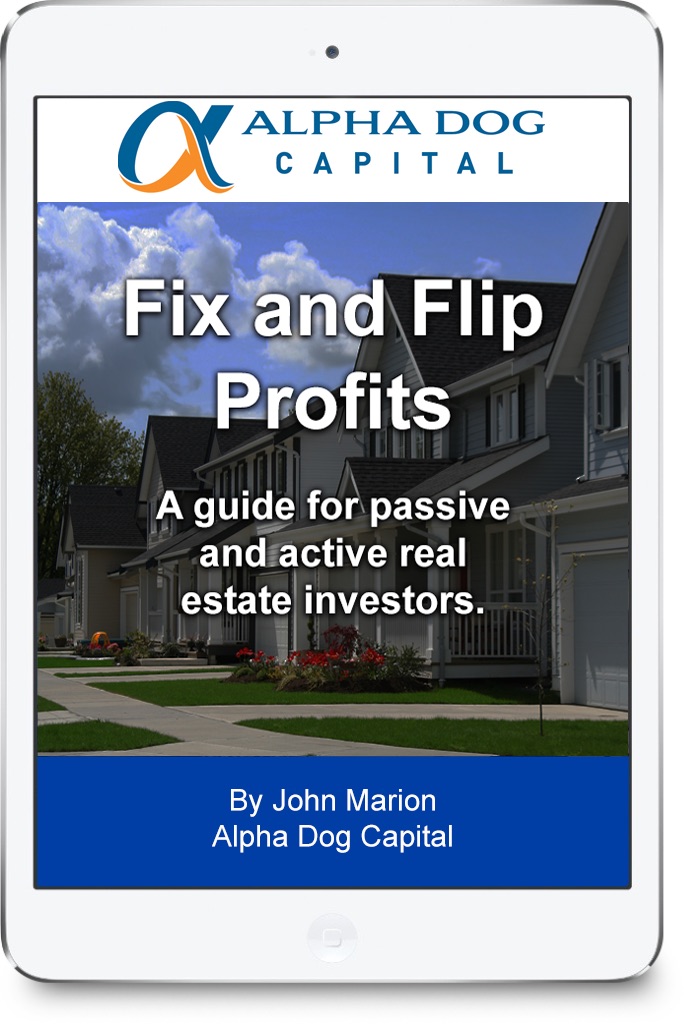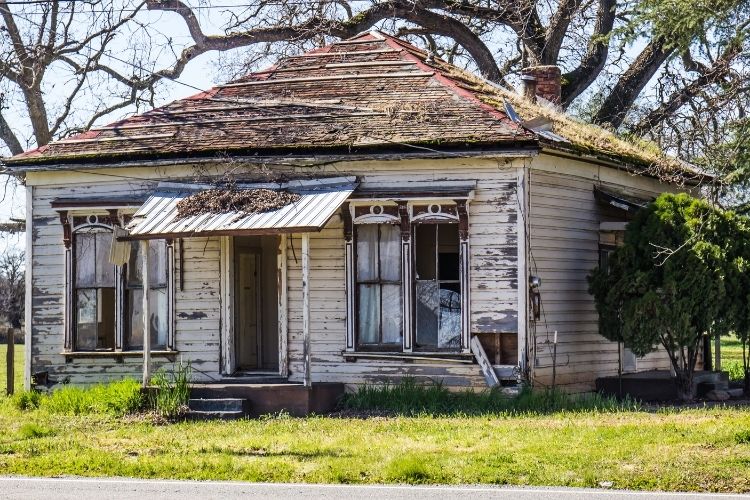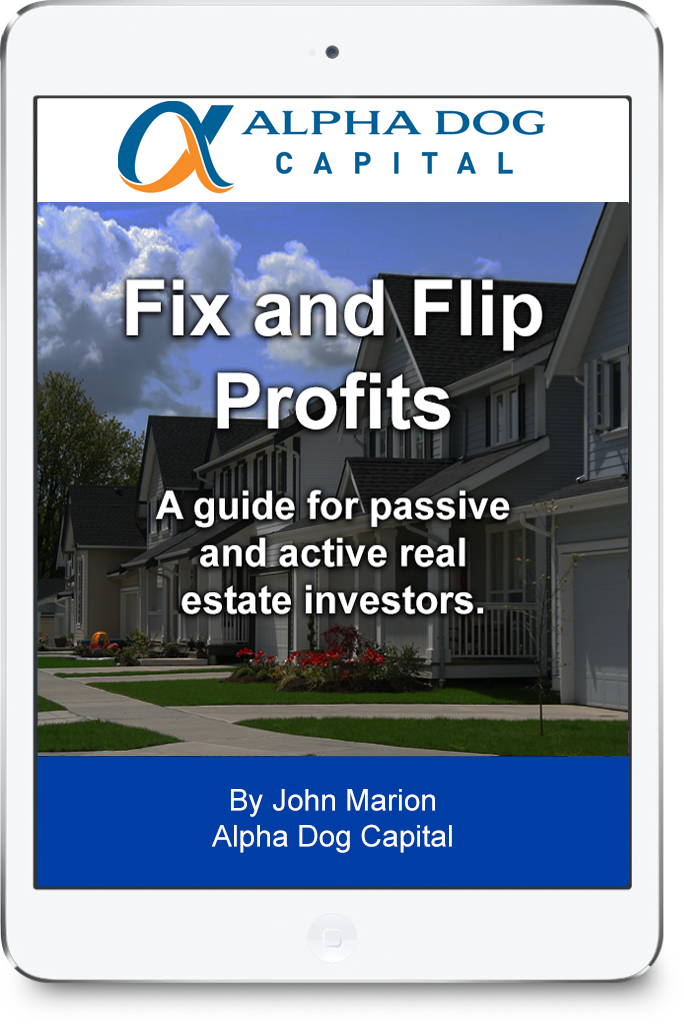Looking to diversify your investment portfolio and explore alternative assets beyond traditional stocks and bonds? This list of alternative assets is a good starting point to learn more.
List of Alternative Asset Classes
Alternative assets refer to a range of investment opportunities that offer unique benefits and can help improve your investment strategy. From real estate to commodities, private equity to hedge funds, investing in alternative assets can provide greater flexibility and customization options for your portfolio, while potentially offering higher returns and protection against market volatility. In this post, we’ll explore a list of alternative assets to consider when building a diversified investment portfolio.
List of 10 Types of Alternative Assets
Alternative investments are financial assets that do not fall into the traditional investment asset classes of stocks, bonds, and cash. They are often used as a way to diversify a portfolio and can include a wide range of assets. Here is a list of alternative assets:
- Real estate: This can include investment in physical property, such as rental properties, as well as real estate investment trusts (REITs) and other real estate-focused financial products.
- Private equity: This refers to investments in private companies, usually through the purchase of ownership stakes in the company.
- Hedge funds: These are investment funds that use a variety of strategies, such as short selling and leverage, to generate returns for investors.
- Commodities: These are physical goods, such as gold, oil, or agricultural products, that are bought and sold as investments.
- Art and collectibles: This can include investments in fine art, antiques, rare coins, and other collectibles.
- Cryptocurrencies: These are digital assets that use cryptography for security and operate on decentralized networks, such as Bitcoin and Ethereum.
- Agricultural land: This refers to the purchase of land used for farming or other agricultural purposes as an investment.
- Timberland: This refers to the purchase of forests or timber-producing land as an investment.
- Wine: This can include investments in high-quality wines, with the expectation that they will appreciate in value over time.
- Private placements: These are investments in unregistered securities, such as those offered by private companies to a limited number of accredited investors.
It’s important to note that alternative investments can be highly speculative and may not be suitable for all investors. It’s always a good idea to do your own research into any alternate investment management strategies and the fund manager. You may want to consult with a financial advisor before making any decision to invest in alternative asset classes.
Real Estate and Private Equity for Passive Investors: A Powerful Combination
While a comprehensive list of alternative asset classes can be very long, real estate and private equity are two popular options for passive investors looking to diversify their portfolio and potentially generate passive income. They are a powerful combination when used simultaneously.
While it is common with commercial real estate to create a private placement syndication to pool investor capital together, did you know the same structure can be used to invest in single family houses?
Unlike investing in a tech startup, real estate, especially the single-family house, is simple and considered a stable alternative asset. Most people live in a single-family house and it is probably the easiest alternative asset class for most people to understand. Nearly every investor has experience living in a house. This is why investing in houses is a preferred entry into the world of alternative assets.
Private equity funds focused on investing in single-family houses is a relatively easy way to get started with diversifying investments into alternatives.
Metro Atlanta Houses
Alpha Dog Capital has been investing in the Atlanta housing market since 2010 when home prices were at the bottom. We have learned to profit under every market condition. Our preferred strategy is fixing and flipping single-family houses for capital appreciation.
Book a Call
Visit our contact page to contact us or schedule a call with John Marion to learn more:
https://calendly.com/johnmarion/alpha-dog-capital-intro-call







